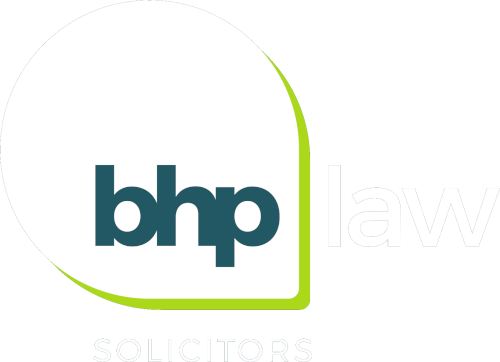12th September 2025

In Court of Protection proceedings, professional deputies and legal practitioners must ensure that any costs they intend to recover from P’s estate are properly authorised by the Court. While Practice Direction 19B sets out fixed costs for certain activities, issues can arise where work is undertaken outside the authority granted by a deputyship or Court order.
To regularise matters, a deputy must apply to the Court for retrospective authority. This is usually done via a COP9 application, supported by a detailed witness statement. The deputy should clearly explain what work was carried out, why authority wasn’t sought beforehand, and how the work benefited P. The Court will assess whether the deputy acted reasonably, in P’s best interests, and whether any procedural failings were minor or material.
A common example is where a deputy seeks detailed assessment of their costs, but the original Order appointing them does not expressly permit this. In such situations, the Office of the Public Guardian (OPG) or the Court may raise concerns — and will typically expect the deputy to seek retrospective authority from the Court of Protection to justify their actions.
Another scenario involves deputyship applications themselves. Where a deputy applies for their appointment, but the Order does not include authority for costs to be assessed, retrospective approval will be required before those costs can be recovered. In practice, this means making a further application to the Court to ensure that the deputy is properly remunerated for the work undertaken in securing their appointment. This highlights the importance of deputies and their advisers carefully checking the terms of the initial Order to avoid unnecessary follow-up applications.
The need for retrospective approval arises because costs must be incurred in accordance with the authority given by the Court. Without it, there is a risk that the deputy has acted outside their powers, making recovery from P’s estate potentially improper. Even where the SCCO assesses the costs, that alone is not enough to remedy a lack of authority.
To avoid issues, deputies should always check that their appointment Order includes appropriate wording regarding costs recovery. Where in doubt, early clarification from the Court should be sought, as retrospective applications can involve delay, uncertainty, and further cost.
The BHP Law Costs Team specialises in Court of Protection billing and can assist deputies and legal practitioners at every stage — from reviewing the authority in place to preparing Bills of Costs for assessment. If you're unsure whether your costs are recoverable, or simply need support navigating the SCCO process, our friendly and knowledgeable team is here to help.


